Brain food – putting science on the menu
Diners will discover how the food on their plate can impact their brain function at a special dining experience during the British Science Festival in Newcastle.

Diners will discover how the food on their plate can impact their brain function at a special dining experience during the British Science Festival in Newcastle.

Could utility, transport and communication systems be hacked in a cyber-attack leading to widespread destruction? This is the question which will be asked during a debate being held at the British Science Festival next week.

Bookings for events during the British Science Festival – of which Northumbria University is an associate partner – have now opened.
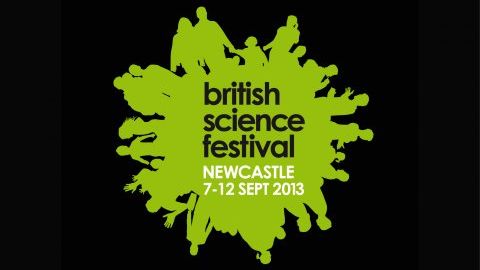
Rt Hon David Willetts MP has seen cutting-edge research and business collaborations at Northumbria University’s Northern Design Centre (NDC).
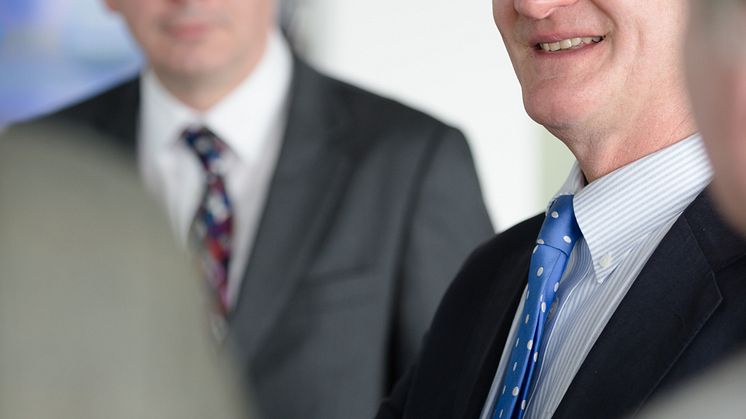
Robotic animals can help to improve the quality of life for people with dementia, according to research.
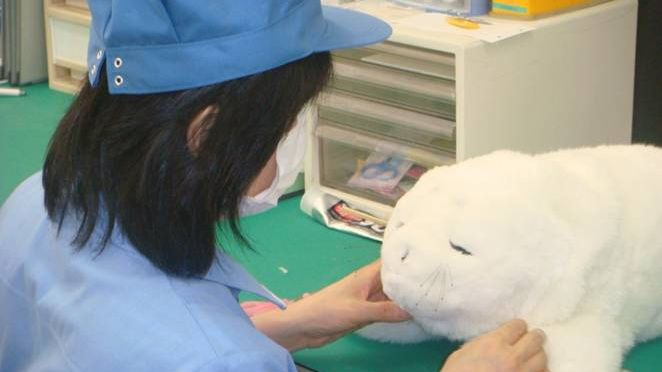
A cricket bat for people for disabled people has been designed by a Northumbria University student.
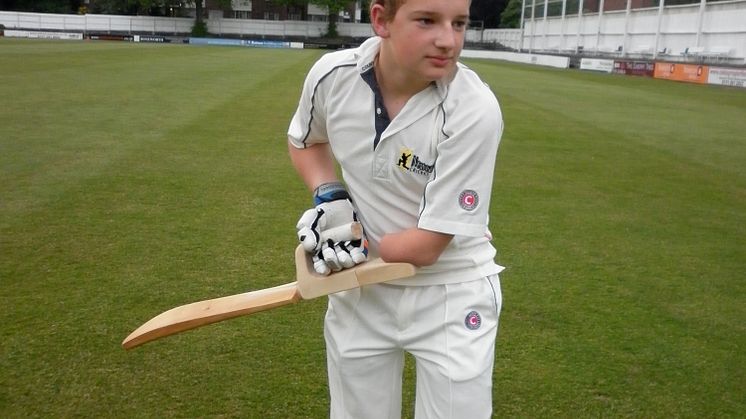
A homecare medication box that senses and reminds the user when it is time to take their medicine, electronic sensors embedded in containers that detect whether home-cooked food is safe to eat, and counterfeit-detecting smartcards are just some of the commercial uses that Northumbria students have designed for a new technology called printable electronics.

Putting on a red shirt can give individuals and teams a physical and psychological advantage and is the colour chosen by men with high levels of testosterone, says new research.
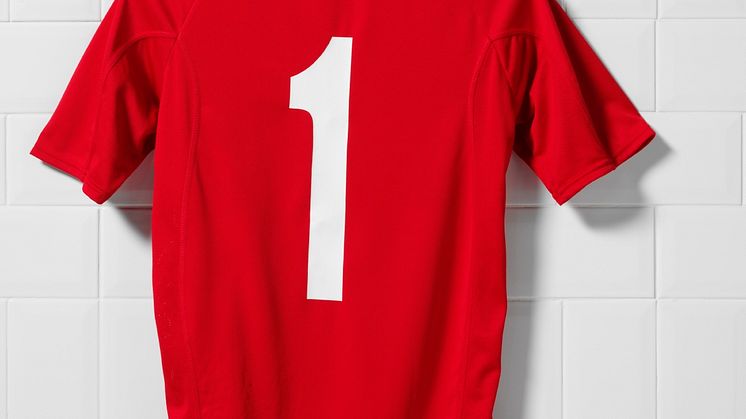
Northumbria University Designers have combined cutting-edge research and design to create innovative fundraising initiatives for a Newcastle museum.

Northumbria experts are hoping to unlock the secrets of fatigue by monitoring the endurance challenge of charity fundraiser Tony ‘The Fridge’.
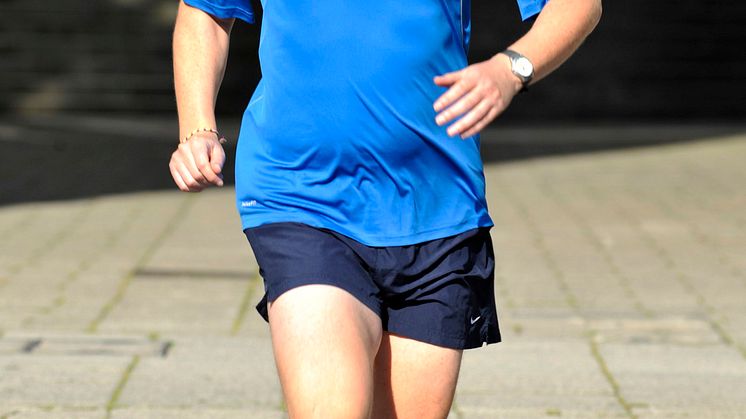
The aroma of rosemary essential oil may improve prospective memory in healthy adults – say Northumbria researchers.

Football referees at all levels think they are better than their colleagues – and that may be how they cope with the pressures of this difficult and often thankless task, according to researchers at Northumbria University.
